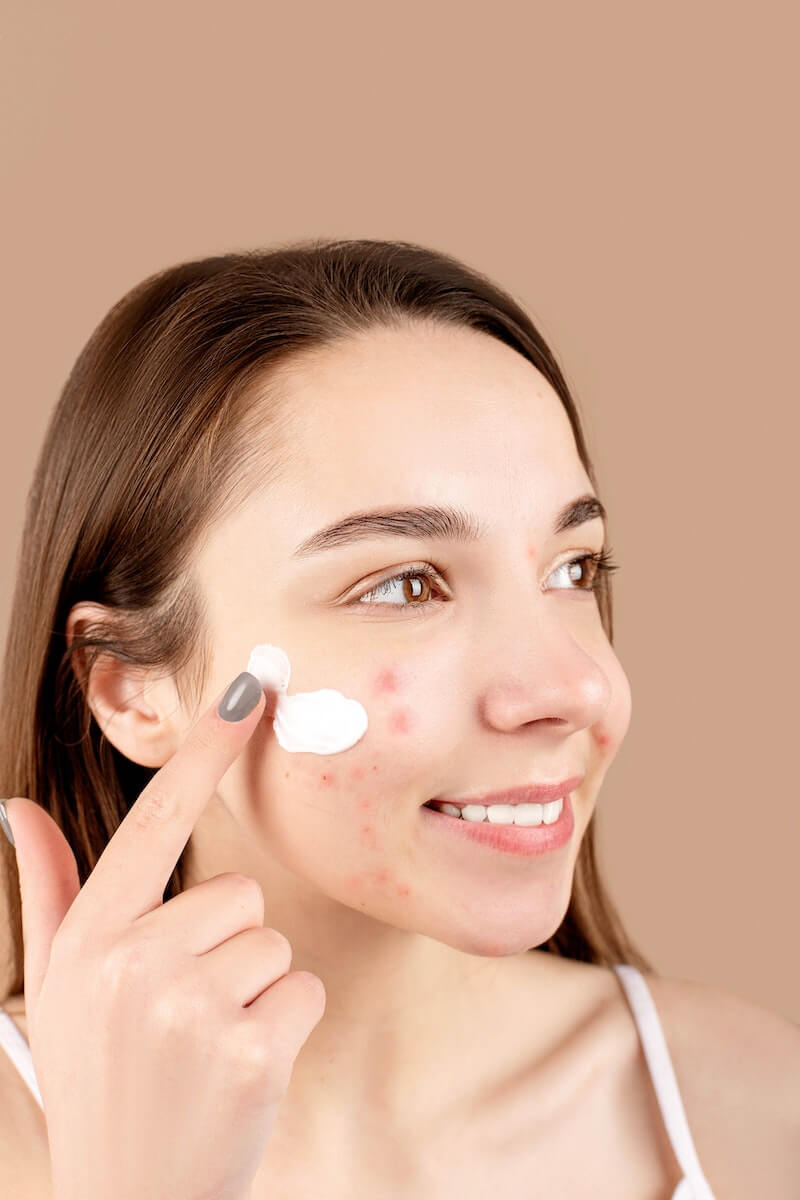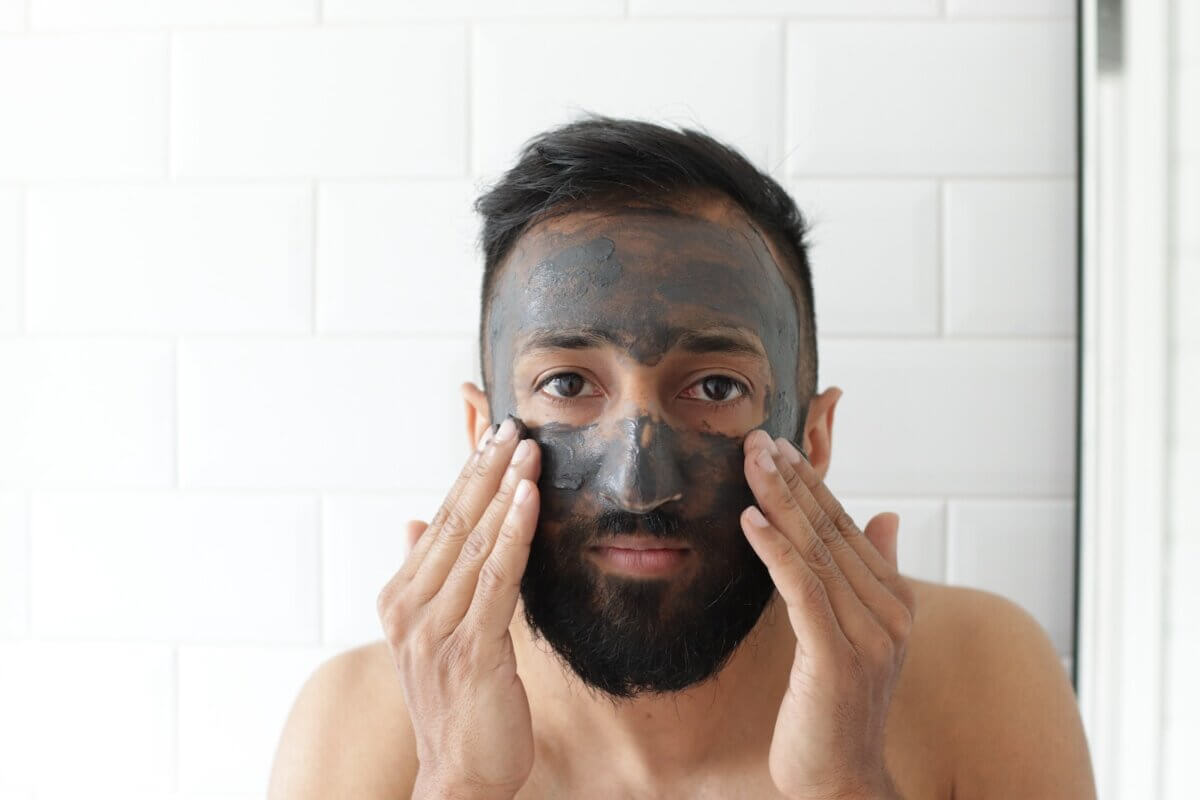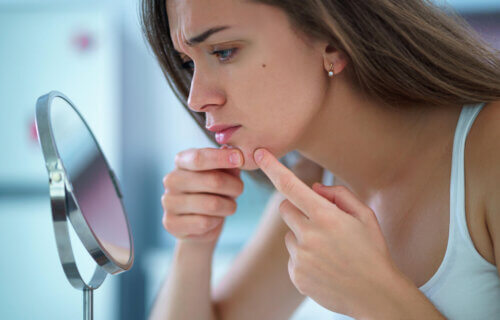Acne is a word that often brings to mind teenage angst and awkward high school photos. However, the truth about acne is far more complex and surrounded by a myriad of misconceptions. So, let’s look at the myths and truths about treating acne, giving you new insights to guide you toward healthier skin.
Myth 1: ‘Acne is Just a Teenage Predicament’
Contrary to popular belief, acne isn’t confined to the turbulent years of adolescence. While it’s true that a significant number of teenagers experience acne due to hormonal changes, adults aren’t immune.
Factors such as stress, hormonal fluctuations, and certain medications can lead to acne in adults. It’s a condition that spans across all ages, affecting many adults well into their 30s and beyond.
Myth 2: ‘Overwashing Will Cure Acne’
It’s a common misconception that acne stems from poor hygiene and can be resolved by frequent washing. While maintaining a clean face is essential, overwashing can actually exacerbate acne.
Twice daily cleansing is usually sufficient. Overwashing can strip the skin of its natural oils, leading to increased oil production and potentially more breakouts.
Myth 3: ‘Pimple Popping is OK’
The temptation to pop a pimple can be strong, but resist it. Popping pimples can lead to inflammation, infection, and scarring.
It can also spread bacteria, leading to more acne. It’s best to let pimples heal on their own or use appropriate topical treatments.

Myth 4: ‘More Sun Helps to Treat Acne’
Some people believe that sun exposure or tanning beds can improve acne. While the sun might temporarily dry out pimples, it also causes skin damage and can lead to an overproduction of oils, worsening acne in the long run.
The risk of skin cancer and premature aging should also steer you away from this myth.
Myth 5: ‘Household Remedies Are Just as Helpful as Medication’
Toothpaste, lemon juice, and other home remedies are often touted as quick fixes for acne. However, these can irritate and damage the skin.
Toothpaste, in particular, can be harsh and drying. It’s better to opt for treatments specifically formulated for acne, like those containing salicylic acid or benzoyl peroxide.

Myth 6: ‘Pores Open and Close on Their Own’
The belief that pores open and close is a myth. Pores don’t have muscles; they can’t open or close.
Steam or warm water can help loosen the debris inside pores, making them easier to clean, but they don’t change the size or function of the pores themselves.
Myth 7: ‘Greasy Foods Cause Acne’
The link between diet and acne is complex and not fully understood. While greasy food and chocolate have been demonized, there’s no definitive evidence that they cause acne. However, a balanced diet is essential for overall health, and some studies suggest that certain foods may influence acne in specific individuals.
You’re better equipped to tackle acne with knowledge and effective strategies by dispelling these myths. Remember, everyone’s skin is unique, and if over-the-counter treatments aren’t working, it’s wise to consult a dermatologist. They can provide tailored advice and treatment options for your skin needs.
You might also be interested in:
- Best Acne Spot Treatments: Top 5 Products Most Recommended By Skincare Experts
- Best Face Washes: Top 7 Cleansers Most Recommended By Skincare Experts
- Best Skincare Tips For Skin Of Color: Top 5 Guidelines, According To Doctors

